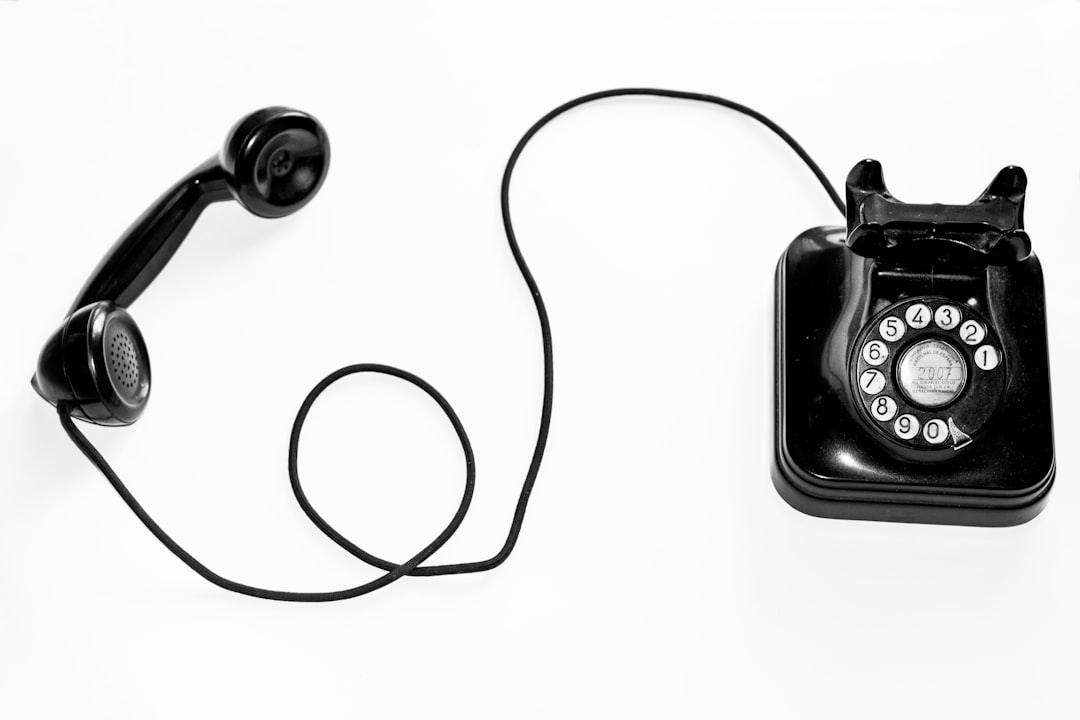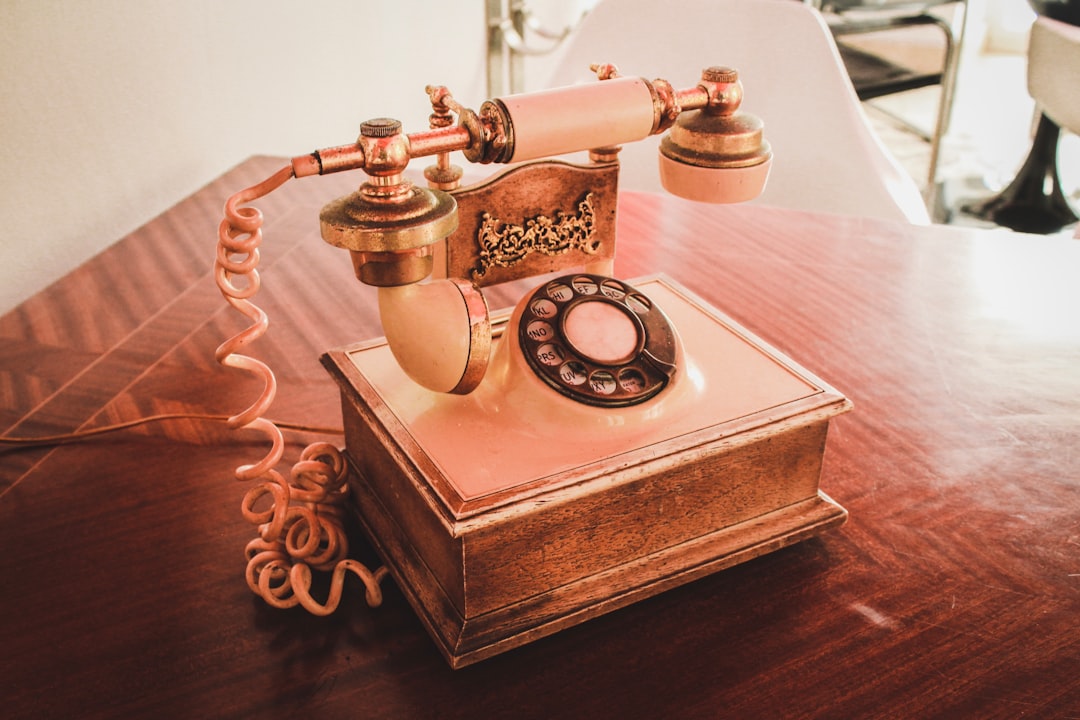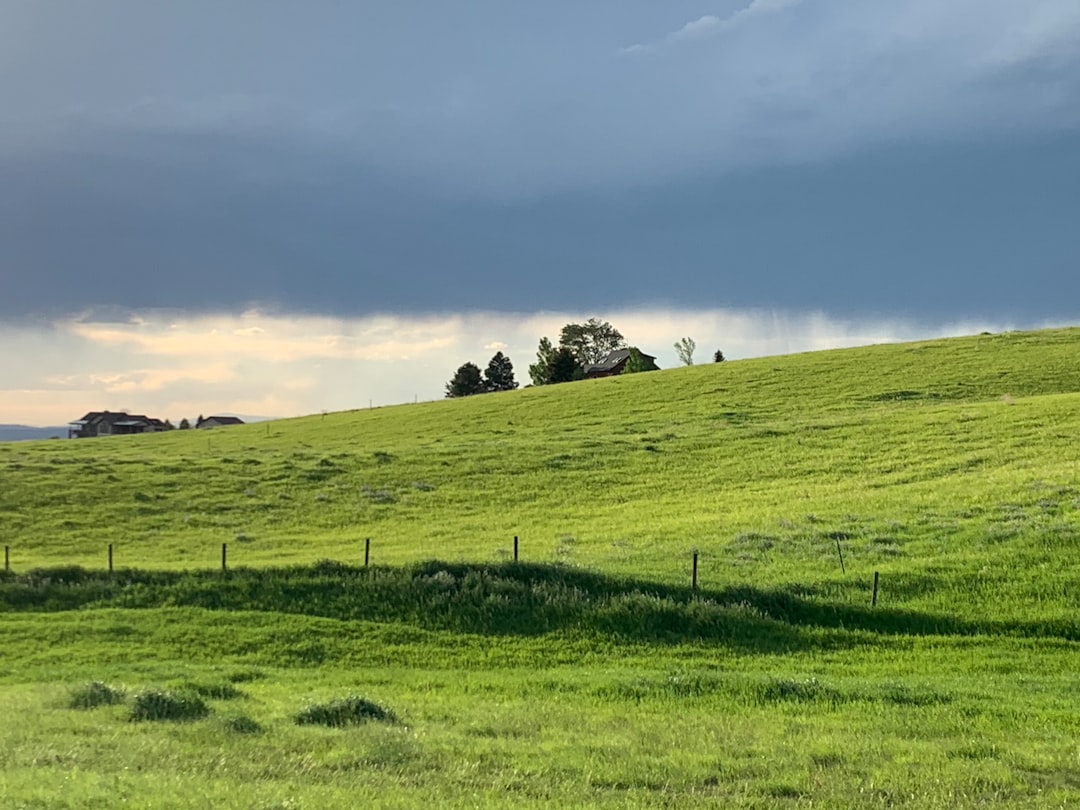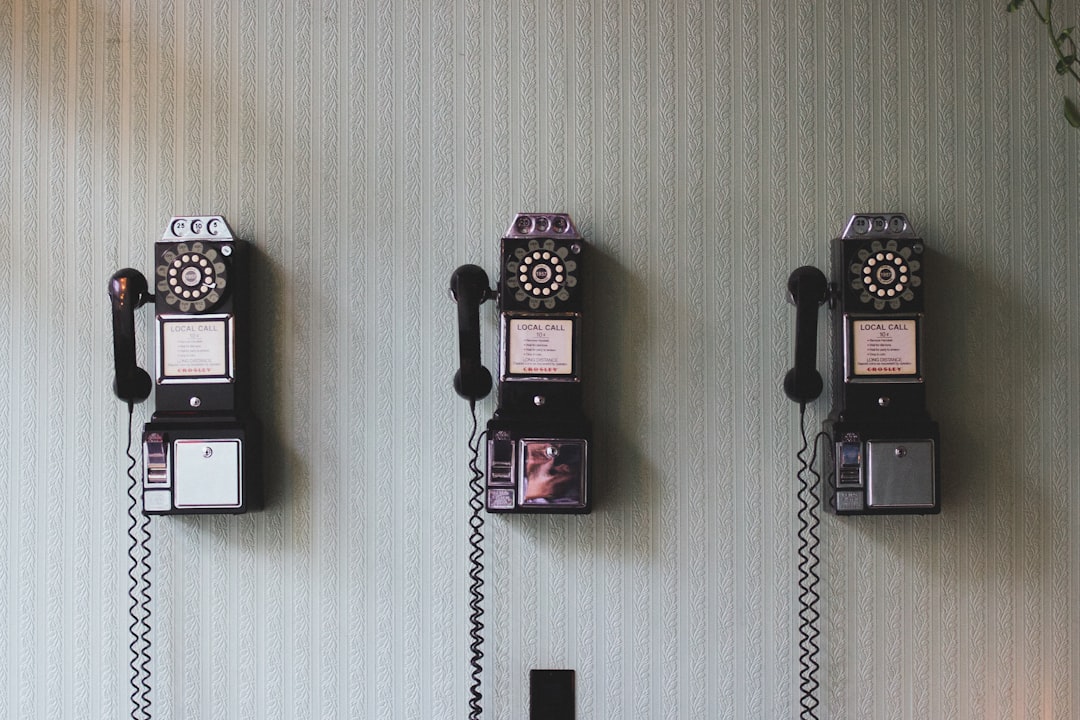Montana's stringent Do Not Call Laws empower Bozeman residents to combat intrusive robocalls, offering both privacy protection and penalties for violators. By registering on the official list, reporting suspicious calls, and using smartphone features, citizens can silence unwanted marketing or fraudulent calls, ensuring a quieter environment under the state's robust regulations.
Bozeman residents often face the nuisance of robocalls, but understanding how to identify and protect against them is crucial. This guide navigates Bozeman’s specific challenges under Montana’s Do Not Call laws, providing insights into spotting suspicious calls and blocking unwanted ones. Learn to recognize common traits of robocalls, utilize technology for protection, and report persistent infringements. By following best practices, residents can safeguard their privacy and reduce the frequency of these intrusive calls.
Understanding Robocalls and Their Legal Framework in Montana
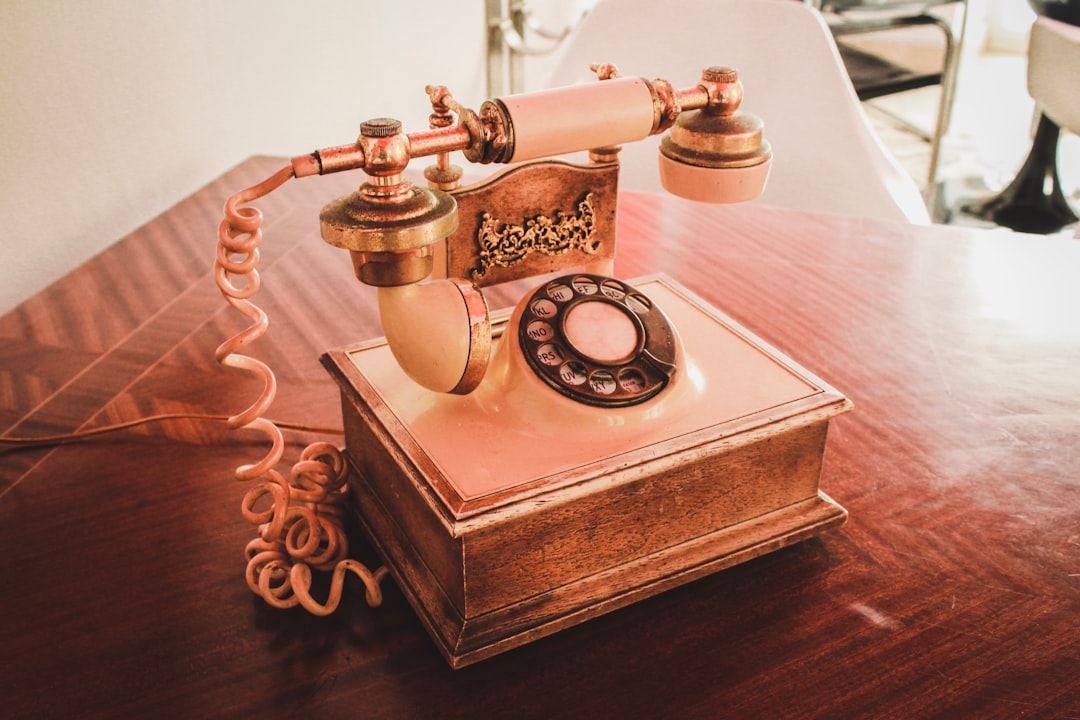
Robocalls, automated phone calls or text messages sent en masse, have become a ubiquitous part of modern communication—often unwanted and intrusive. In Montana, residents are protected by state laws aimed at curbing excessive robocalls, particularly those related to telemarketing. The Do Not Call Laws of Montana empower citizens to register their phone numbers on the state’s official “Do Not Call” list, significantly reducing automated calls from telemarketers.
These laws provide a legal framework that businesses and telemarketing companies must adhere to. Failure to comply can result in penalties for violators, offering some respite to Bozeman residents deluged by unsolicited calls. Understanding these regulations is crucial for Montana residents looking to protect their privacy and silence unwanted robocalls.
Identifying Common Traits of Suspicious Calls in Bozeman

In Bozeman, like many places across Montana, residents may encounter robocalls, which are automated phone calls often used for marketing or fraudulent purposes. To identify suspicious calls, it’s helpful to look for common traits that raise red flags. Pay close attention to the caller ID; unknown or out-of-state numbers should trigger caution. Additionally, if the call is from an organization you haven’t engaged with before and they’re requesting personal information or asking for immediate action, it might be a robocall attempting to scam you.
Another indicator is the timing of calls; many robocalls are made in bulk during peak hours. If you receive multiple calls per day from the same unknown source, especially when these calls disrupt your daily routine, it’s a strong sign that it could be a fraudulent attempt. Remember, understanding these common traits can empower Bozeman residents to better protect themselves against potential scams and take necessary actions under Montana’s Do Not Call Laws.
Utilizing Technology to Block and Trace Unwanted Calls

Bozeman residents have a powerful tool at their disposal in the battle against robocalls—technology designed to block and trace unwanted calls. With the implementation of Do Not Call Laws in Montana, residents can take advantage of these technological advancements to enhance their phone experience. Many modern smartphones come equipped with call-blocking features that allow users to filter out known spam or telemarketing calls. These apps learn from user feedback and adapt over time, becoming more efficient at identifying and blocking potentially fraudulent or unwanted robocalls.
Additionally, trace services have advanced significantly, enabling residents to identify the source of these calls. By utilizing reverse lookup tools and call-tracing software, Bozeman locals can gain insights into who is behind the automated messages plaguing their phones. This not only helps in screening and blocking future calls but also facilitates reporting to relevant authorities, contributing to a more robust system for combating robocalls in Montana.
Reporting Robocalls: A Guide for Bozeman Residents
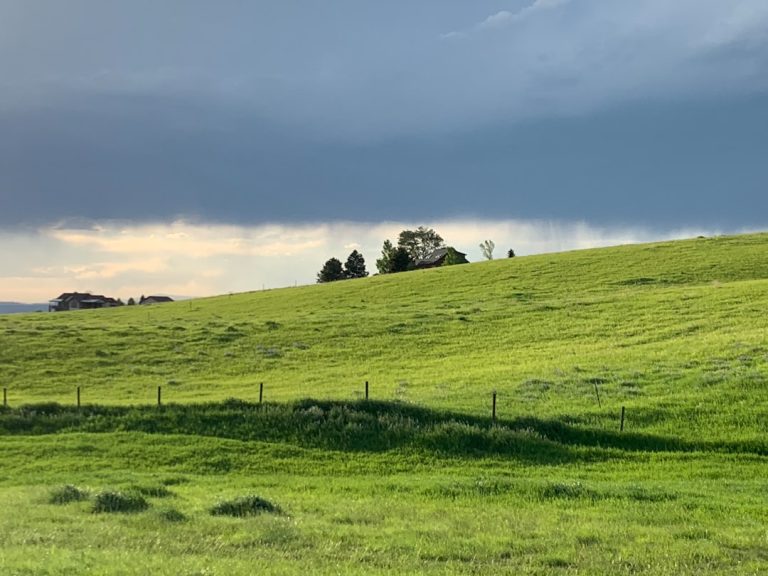
Bozeman residents have several options when it comes to reporting robocalls. The first step is to identify the call as a robocall. If a caller uses an automated system or pre-recorded message, it’s likely a robocall. Once identified, there are two main channels for reporting: contact the Federal Trade Commission (FTC) or your state’s Public Utility Commission.
In Montana, Do Not Call Laws provide residents with additional protections. The Montana Public Service Commission (PSC) oversees these laws, which include provisions for blocking unwanted calls and penalties for violators. Reporting robocalls not only helps protect yourself but also contributes to broader efforts to combat spamming and ensure compliance with privacy regulations like the Telephone Consumer Protection Act (TCPA).
Protecting Yourself: Best Practices for Avoiding Unwanted Contact
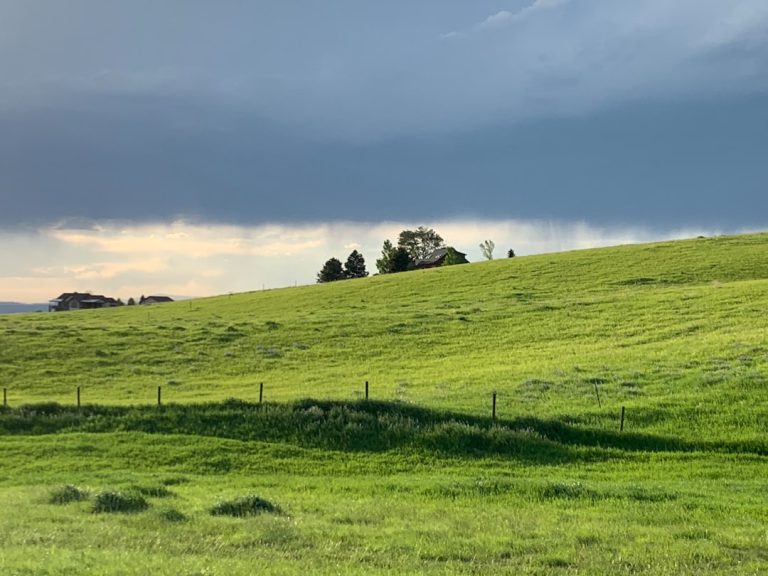
Bozeman residents can protect themselves from unwanted robocalls by familiarizing themselves with best practices designed to minimize these intrusions. One effective strategy is to register for the National Do Not Call Registry, a federal list that prohibits telemarketers from calling numbers on it. This simple step significantly reduces the volume of automated calls you receive. Additionally, utilizing call-blocking apps or features built into modern smartphones can further deter robocalls. Regularly updating your contact settings and being cautious about sharing personal information online also plays a crucial role in protecting against these intrusions.
Understanding Montana’s Do Not Call Laws is another layer of defense. These laws offer additional protections, ensuring that residents have control over their communication preferences. By staying informed and adopting these practices, Bozeman citizens can reclaim their phone lines from unwanted calls, fostering a quieter and more peaceful environment.
